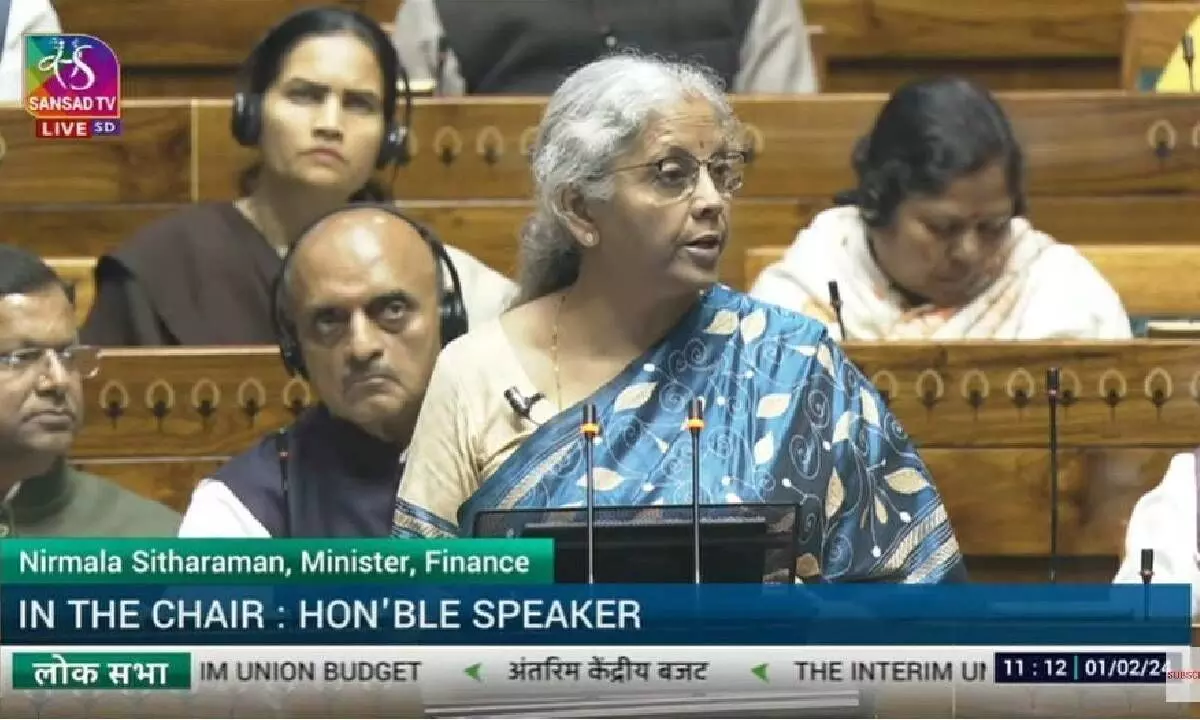The curious case of UPA’s gold export-import scheme
Private entities can avail of benefits on a discretionary basis
image for illustrative purpose

The 80:20 gold export-import scheme launched by the UPA government exemplifies how government systems and procedures were subverted to serve particular interests for obtaining illegitimate pecuniary gains, said the White Paper on Indian Economy tabled in the Parliament by Finance Minister Nirmala Sitharaman.
Private firms and corporate entities were permitted, on a discretionary basis, to avail of benefits under the Scheme. In mid-2014, the then government permitted select Premier Trading Houses (PTH) and Star Trading Houses (STH) to import gold even though the model code of conduct was in place and the counting of votes cast in the Parliamentary elections was due on May 16, 2014. This action meant illegitimate windfall gains to the beneficiaries before it was withdrawn by our government, the White Paper said.
The telecom sector lost a precious decade due to the 2G scam and policy paralysis. In the UPA regime, the process of allocation of spectrum lacked transparency and was frequently misused in the years leading up to 2008-09, which resulted in the '2G scam' and started the problems that finally caused a distress situation in the sector, the White Paper added.
In the years following 2010, virtually no or little spectrum could be allocated to the operators, leading to a slowing down of the growth of the telecom industry.
Telecom licenses issued in FY09 were cancelled by the Supreme Court due to a lack of transparency in the allocation process. In this period, the telecom sector went into a seizure as the government was caught out by the top court judgement. As a consequence of these problems, a number of operators became unviable, leaving this sector in a situation of limited competition. This period also witnessed a flight of foreign investment due to policy uncertainties and legal hurdles, the White Paper said.

